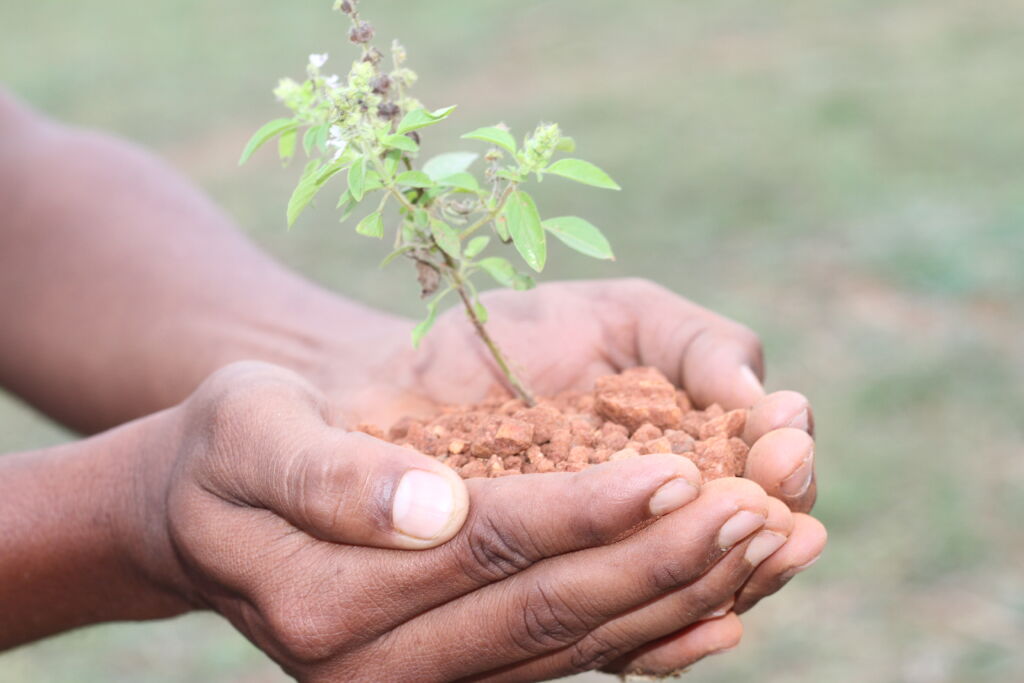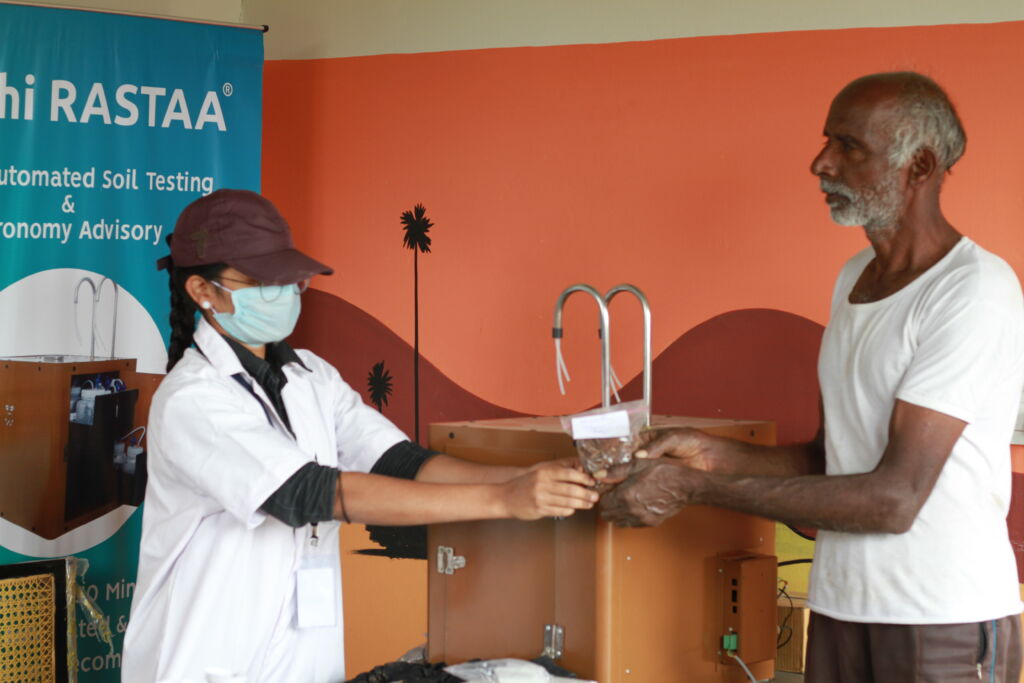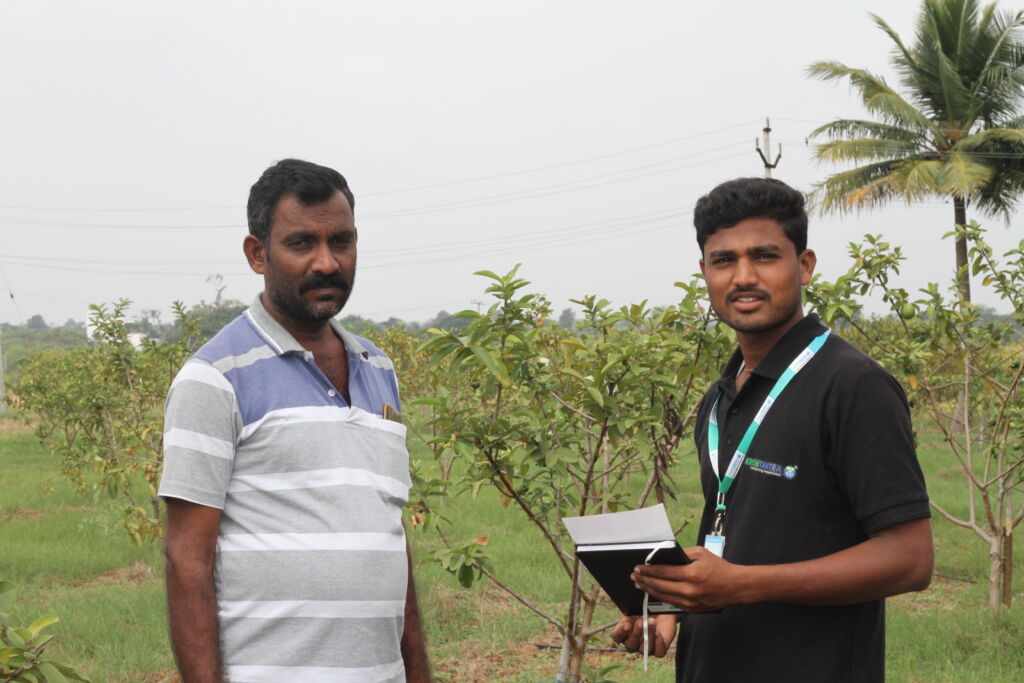In recent years, the world has witnessed significant advancements in technology that have transformed various segments. One such segment that is experiencing a remarkable transformation is agriculture, with the integration of Artificial Intelligence (AI) into soil technology. AI has the potential to revolutionise how we understand, manage, and optimise soil health, leading to more sustainable and efficient agricultural practices. In this blog post, we will explore the various applications of AI in soil technology and its impact on modern farming.

Soil Analysis and Prediction
AI-powered soil analysis is a game-changer for farmers. Traditional soil testing methods are time-consuming and often provide limited insights. With AI, soil samples can be analysed quickly and accurately, providing detailed information about nutrient levels, pH and more. Machine learning algorithms can then predict soil behavior, helping farmers make informed decisions about crop selection, planting times, and fertilization strategies.

Precision Agriculture:
Precision agriculture involves tailoring farming practices to the specific needs of different areas within a field. AI-driven measuring equipment, drones, and satellite imagery can monitor and map variations in soil properties across large areas. By analysing this data, farmers can create precise maps that guide planting, irrigation, and fertilisation, resulting in reduced resource wastage and increased crop yields.
Crop Disease and Pest Management:
AI can also aid in early detection and management of crop diseases and pests. By analysing data from sensors and cameras placed in fields, AI algorithms can identify unusual patterns and symptoms that might indicate the presence of diseases or pests. This enables farmers to take swift action, such as targeted pesticide application, minimising the use of chemicals and preserving soil health.
Soil Health Monitoring and Management:
Maintaining soil health is essential for sustainable agriculture. AI-powered systems can continuously monitor key soil parameters and provide real-time insights. This helps farmers implement appropriate soil management strategies, such as cover cropping and crop rotation, to enhance soil structure, fertility, and water retention.
Climate Adaptation:
Climate change poses significant challenges to agriculture. AI can analyze historical climate data and predict future weather patterns to help farmers adapt their practices accordingly. By understanding how changing conditions may affect soil health, farmers can adjust irrigation schedules, choose drought-resistant crops, and implement erosion control measures.
Decision Support Systems:
AI-driven decision support systems like the solution provided by Krishitantra provide farmers with personalized recommendations based on a combination of historical data, real-time inputs, and expert knowledge. These systems can assist farmers in optimizing planting densities, choosing suitable crops, and managing resources efficiently, ultimately leading to increased productivity and profitability.

To conclude, The integration of AI into soil technology is ushering in a new era of sustainable and efficient agriculture. By providing precise and actionable insights, AI empowers farmers to make informed decisions that optimize soil health, reduce environmental impact, and ensure food security for a growing global population. As technology continues to advance, the potential for AI in soil technology remains virtually limitless, promising further innovations and improvements in the realm of modern farming.
